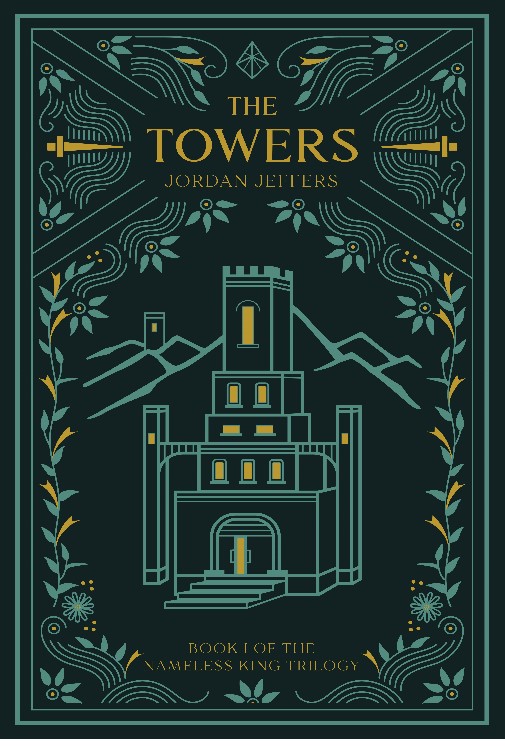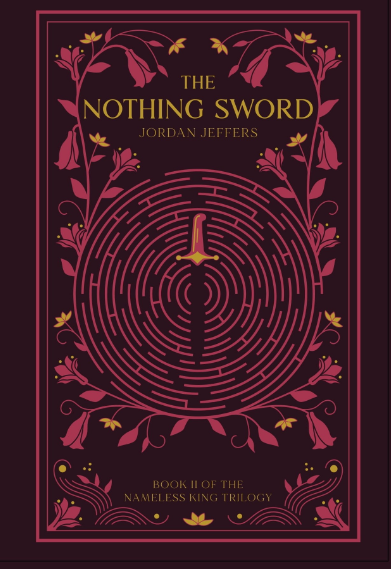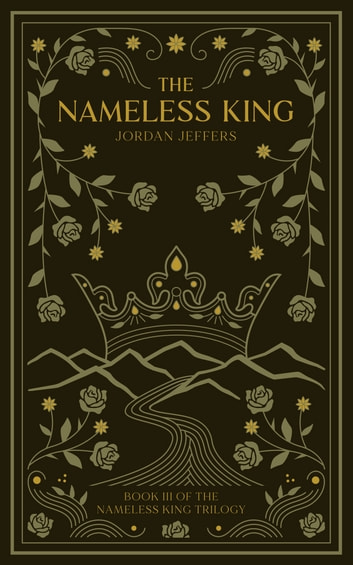Book review in one tweet
Super smart people wearing space suits with laser fingers fight goiter-headed, fish-eyed aliens. 1000 years later, they use swords and spears. #actuallymakessense
Favorite quote
The 1143-year-long war had been begun on false pretenses and only continued because the two races were unable to communicate. Once they could talk, the first question was "Why did you start this thing?" and the answer was "Me?"
Review
My brother-in-law got me The Forever War for Christmas last year. At the time, he described it as Apocalypse Now in space, which sounds about right to me. Of course, I've never seen Apocalypse Now, so that should mean nothing to you.
You might've guessed this from the title, but this book has a lot of fighting and a lot of commentary on why we fight. It takes place over a thousand years, though we follow the same main character throughout the book, William Mandella. William stay alive and young due to the magic of time-dilation; basically, he spends a lot of his time traveling at near the speed of light. At such high speeds, time passes more slowly, and a few months of time aboard his spaceship turns into hundreds of years on Earth. This is one of those freaky physics phenomenons that are actually true. The faster you go, the less time passes for you.
This leads to a very weird life, because every time William returns to Earth from a mission, he finds things have changed drastically since he left. It's fun to watch the book's vision of the future unfold in that way. Like a lot of science fiction books, however, The Forever War can't really deal with God except when he comes before the word "damn," so the future of religion, which I'm super interested in, is totally ignored.
Ultimately, the book forces you to question the motivations and causes of war, as you might expect a book written during the Vietnam War to do. Its vision is sort of limited to that particular war, however. There is no concept of a war in which real, moral differences exist among the different sides; war is here envisioned solely as an economic and nationalistic tool of corrupt government leaders. And modern warfare, at least, often seems all too similar to that vision.
Nerd rating
7 wizard staffs (out of 10)
Lots of super inventive fighting techniques and imaginative planets. I particularly liked Haldeman's concept of a "stasis field," which leads to one of the coolest battle sequences I've ever read. Definitely worth checking out from your local library.
Non-nerd rating
8 cold, frosty beers (out of 10)
If you don't normally like science fiction, this is a good introduction to the genre. There's a minimum of nerding out and a maximum of action. Plus a random love story thrown in for good measure.
Jordan Jeffers still thinks the best science fiction book on war is Slaughterhouse Five. Feel free to give him electronic encouragement via the little Facebook and Twitter buttons below. Peace.



